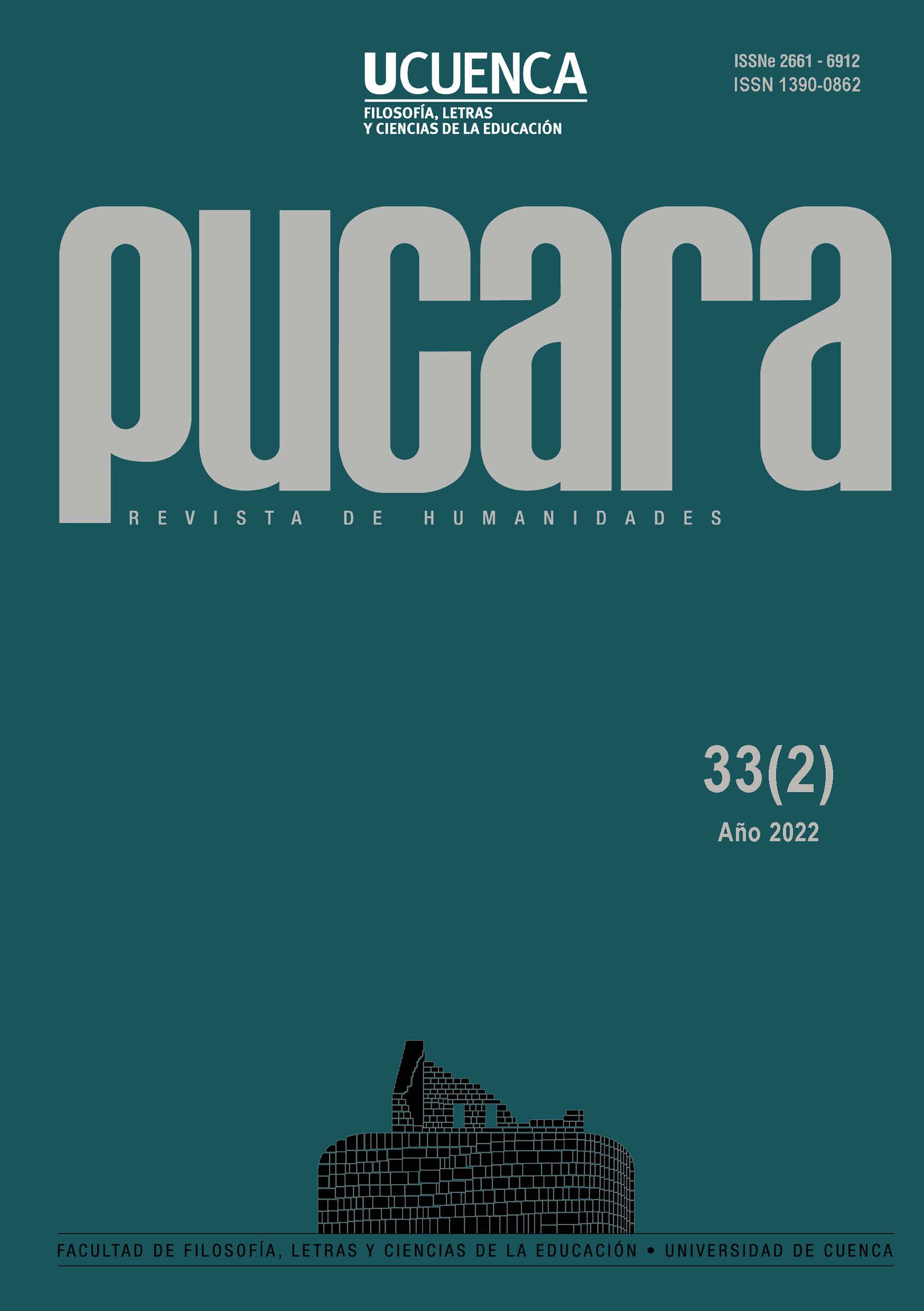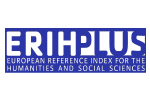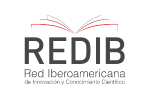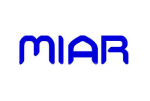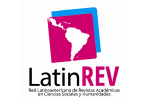The creation of identity through the concept of estrangement in Juan Gelman's poem “Carta a mi madre”
DOI:
https://doi.org/10.18537/puc.33.02.08Keywords:
Latin American poetry, exile, poetry and identity, psychoanalytic criticismAbstract
The purpose of this paper is to analyze the different
expressions of the notion of estrangement in Juan Gelman's poem "Carta a mi madre". The context of the Argentinean poet's political exile appears only as an anecdote to set the scene of the poem — the poetic voice receives the news of his mother's death in exile. It is from
this event that the poet reflects on his conflictive relationship with the figure of the mother and performs a reinterpretation of his own identity. The work gathers Lacan's postulates on the conformation of the subject (particularly the mirror stage), as well as others from psychoanalytical criticism, to analyze the bewildering process of detachment-union of the subject with the mother, which in Gelman's poem is expressed in a poetic voice that speaks from a trance between the dark of uterine life and the dark of death.
Downloads
References
Blasco, J. (1993). El estadio del espejo: introducción a la teoría del yo en Lacan. En 7 Conferencias del ciclo Psicoanálisis a la vista.
Cazón, M. (2012/04/22). La poesía sirve para nombrar lo indecible. La Gaceta
Gelman, J. (2012). Poesía reunida. Seix Barral.
Ibáñez, J. (2004). Poesía de exilio de Juan Gelman. En Espéculo. pp 1-22.
Le Galliot, J. (2001). Psicoanálisis y lenguajes literarios: teoría y práctica. Edicial.
Ricoeur, P. (1999). Lectura del tiempo pasado: memoria y olvido. Arrecife.
Published
How to Cite
Issue
Section
License
Copyright (c) 2022 Carolina Encalada Hidalgo

This work is licensed under a Creative Commons Attribution-NonCommercial-ShareAlike 4.0 International License.
Copyright © Autors.

You are free to:
 |
Share — copy and redistribute the material in any medium or format |
 |
Adapt — remix, transform, and build upon the material for any purpose, even commercially. |
Under the following conditions:
 |
Attribution — You must give appropriate credit, provide a link to the licence, and indicate if changes were made. You may do so in any reasonable manner, but not in any way that suggests the licenser endorses you or your use. |
| NonCommercial — You may not use the material for commercial purposes. | |
| ShareAlike — If you remix, transform, or build upon the material, you must distribute your contributions under the same license as the original. |
| No additional restrictions — You may not apply legal terms or technological measures that legally restrict others from doing anything the licence permits. |

